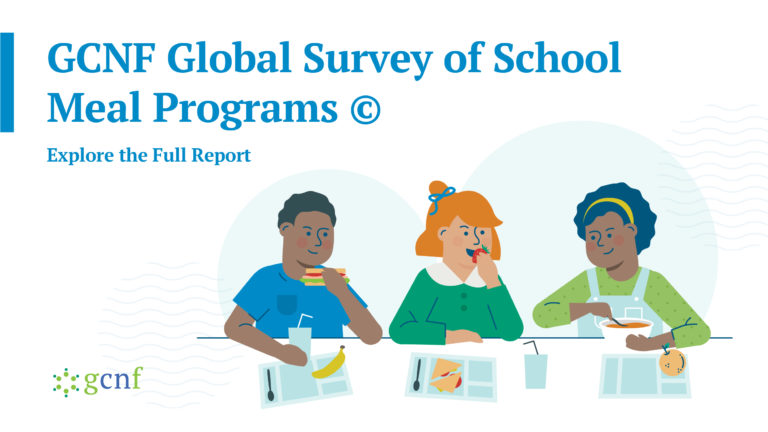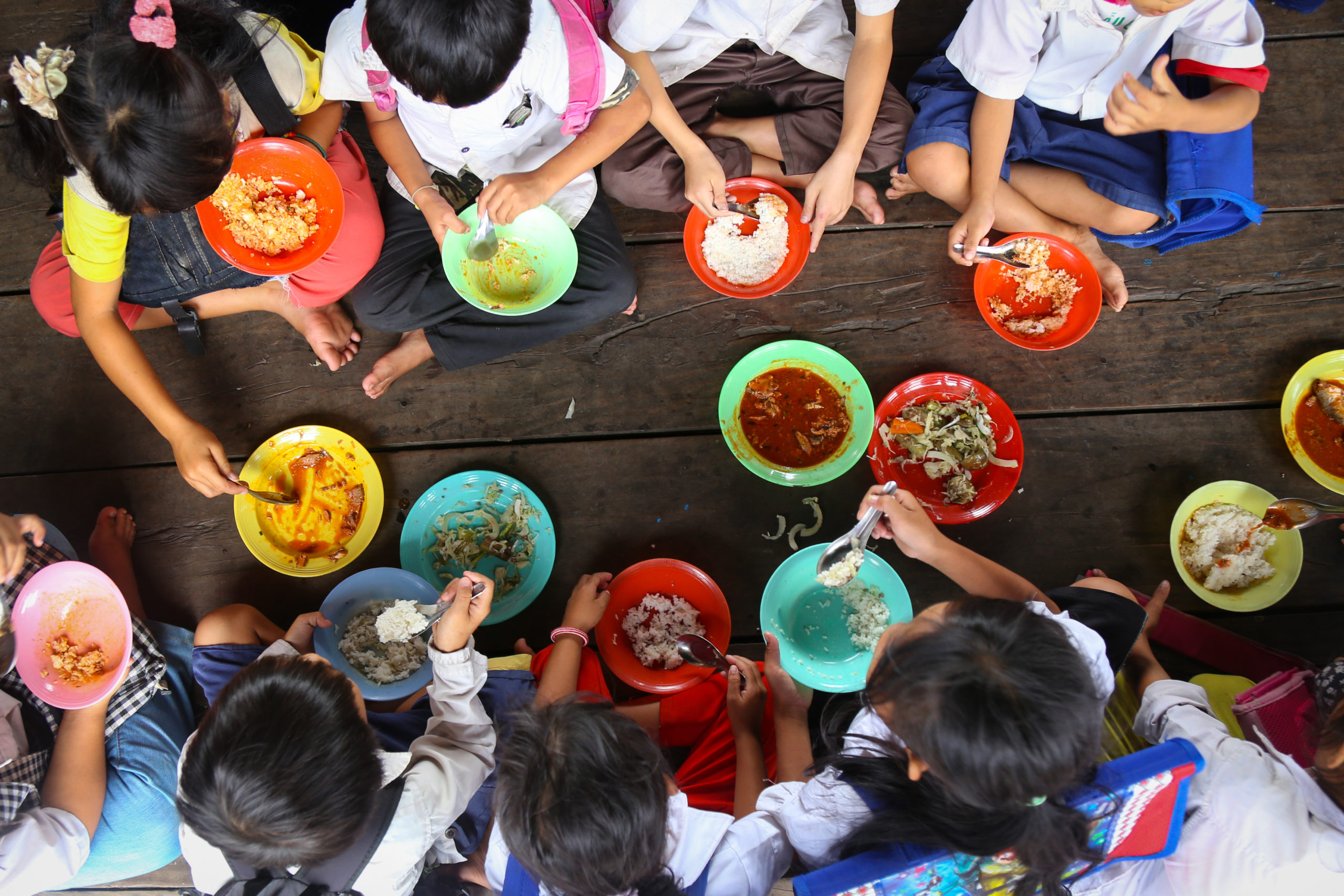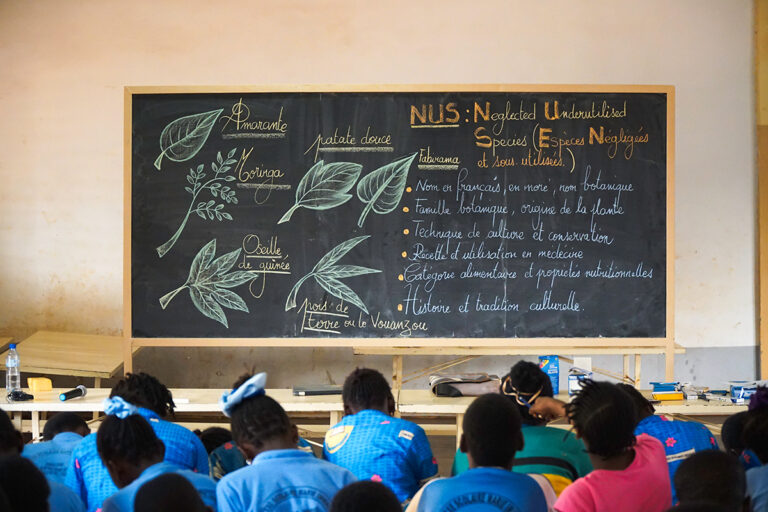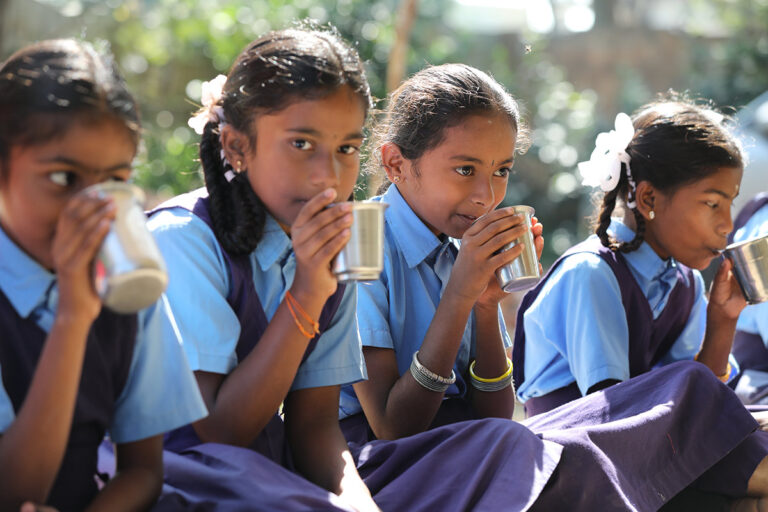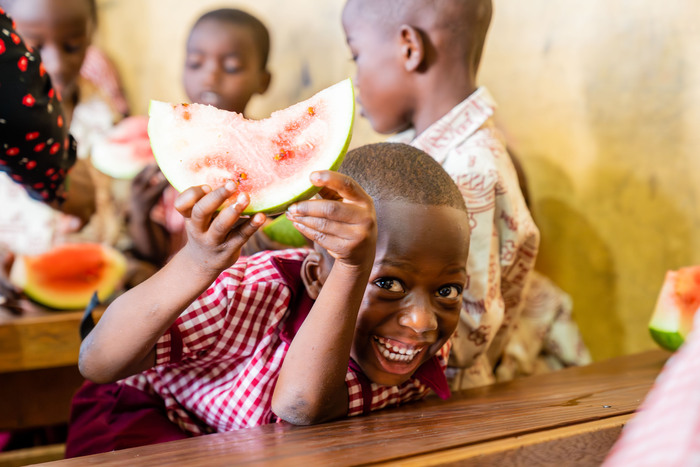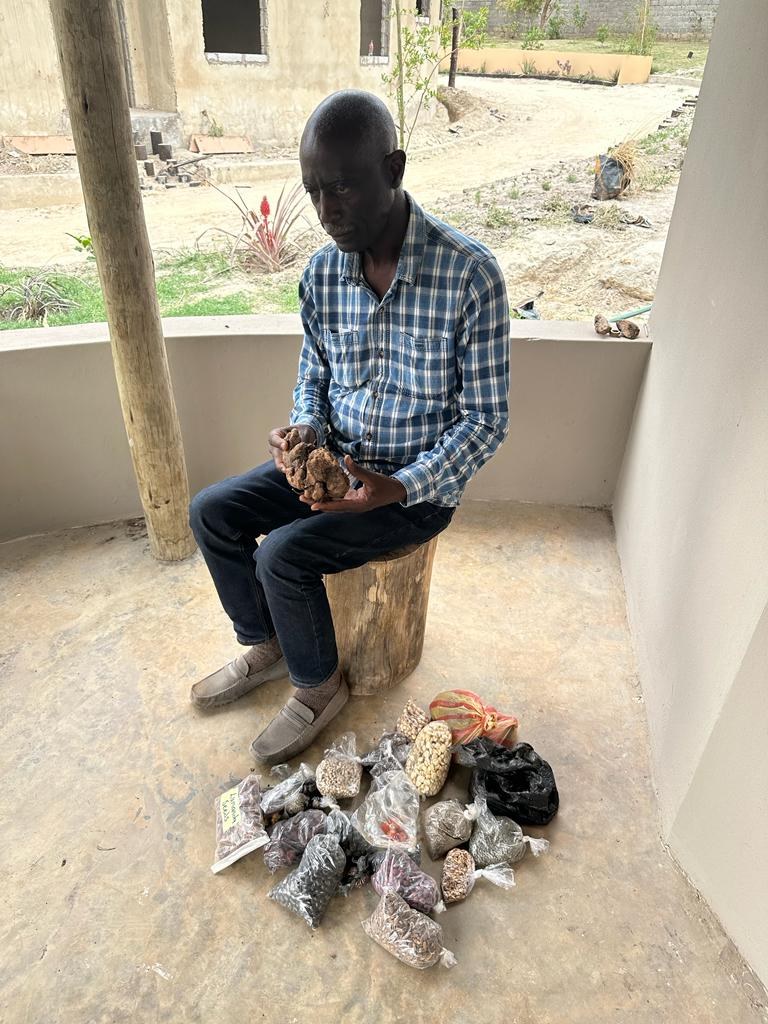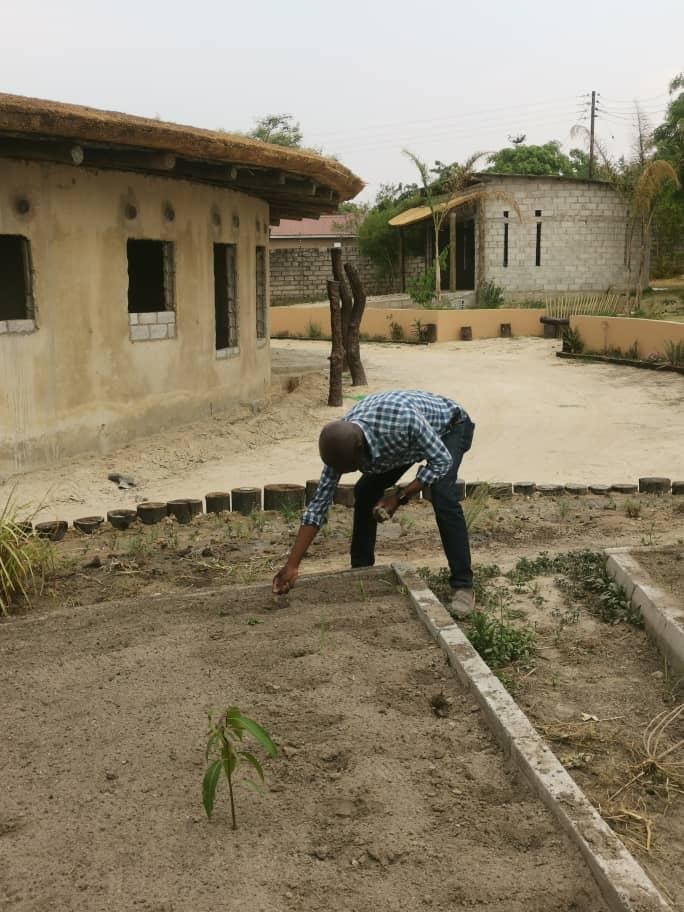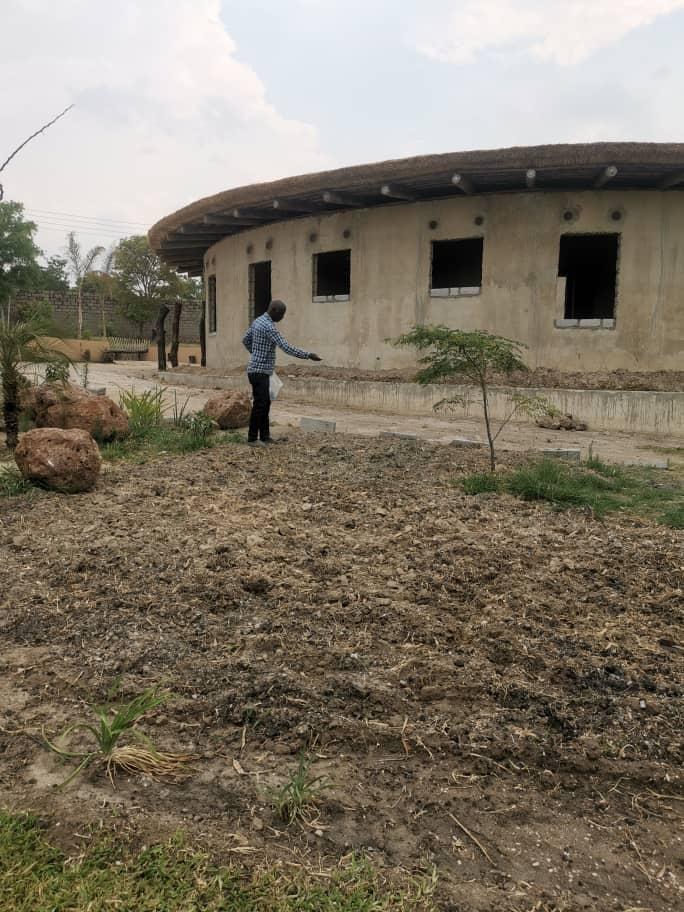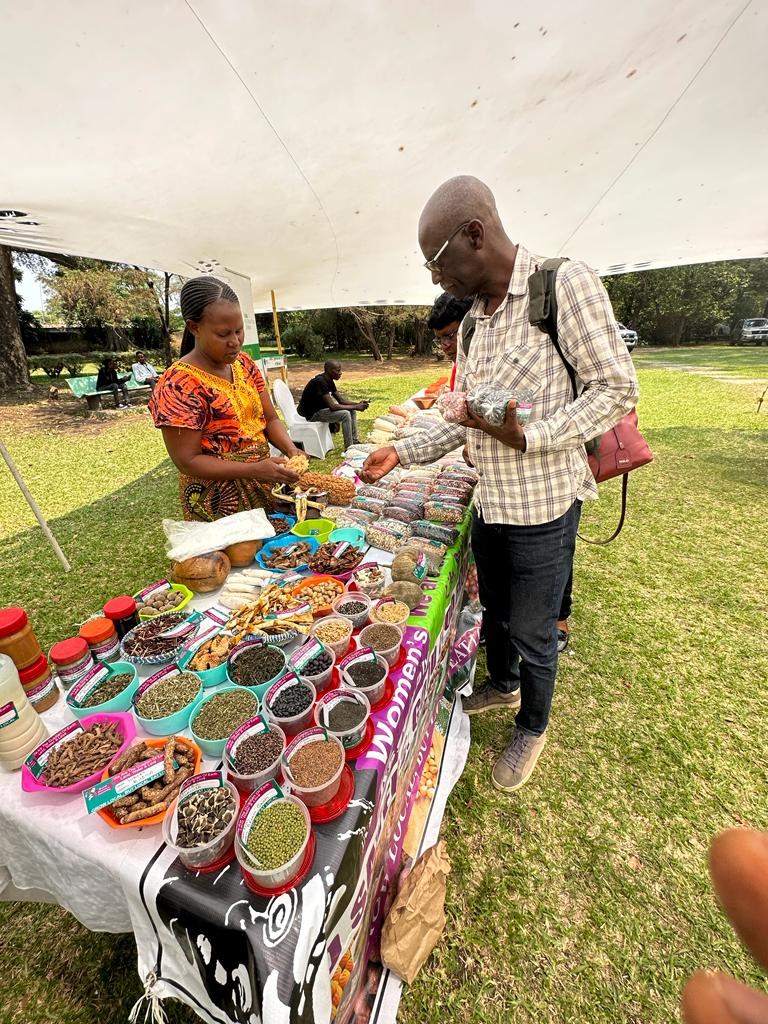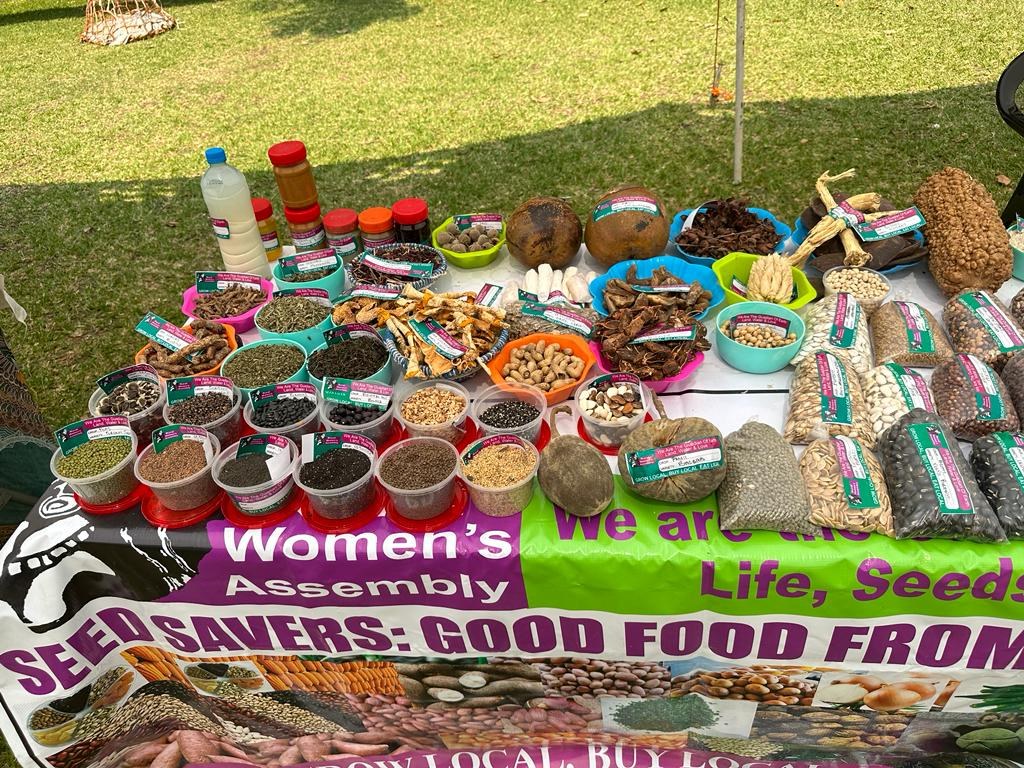SEATTLE, WA (April 14, 2021) — School meal programs extend benefits far beyond their critical education and nutritional value for vulnerable children, creating jobs and contributing to agricultural and economic growth and social stability for whole communities says a new Global Child Nutrition Foundation (GCNF) report, School Meal Programs Around the World. While many countries are investing in school meal programs, coverage is weakest precisely where the need is the greatest.
“The value of school feeding as an investment in human capital is essential to inclusive economic growth and the well-being of children and families,” Mitchell says. “Especially in the wake of the COVID-19 pandemic, it is critical that we advocate for school feeding programs as a path to recovery. School meals support children in returning to school. They directly contribute to children’s health, nutrition, and education, expand employment opportunities for women and youth and strengthen agriculture. The intergenerational benefits are enormous.”
The report School Meal Programs Around the World, is based on the Global Survey of School Meal Programs © conducted in 2019 by the Global Child Nutrition Foundation, creating the first comprehensive global database of school meal programs.
Of the 103 countries that responded, 85 countries reported that they have one or more large-scale school meal programs that serve an estimated 297.3 million children around the world. Almost three quarters of countries stated their programs also serve as a social safety net, providing food for poor or vulnerable children that offsets household costs for their families. As schools closed due to the pandemic, from Honduras to the United States to Senegal, families had limited access to school feeding programs that have been important sources of food and nutrition for their children and essential support to households.
The survey also reveals that while financing remains a challenge in many countries, it is clear that programs are most successful when funding is earmarked in national budgets. “Governments across the world must invest in grey matter infrastructure; the infrastructure that helps brains grow from nutrition; the infrastructure that builds the healthy and productive workforce of the future,” said Dr. Akinwumi Adesina, President of the African Development Bank and 2017 recipient of both GCNF’s Gene White Lifetime Achievement Award and the World Food Prize.
The survey also found that nearly all programs purchase some or all food domestically creating significant institutional demand to support the livelihoods of local producers, encourage production of healthier foods for children, and build resilience into our supply chains. Harnessing this buying power could have a powerful and positive effect on both national and global food systems.
“The survey enhances our understanding of the wide range of benefits and value of school feeding as an economic and social development tool,” explains Executive Director Arlene Mitchell. “We expect the impact on food systems to be great as we uncover multiple opportunities to strengthen program engagement with agriculture and to use local purchasing, especially from small scale farmers as a tool for economic development and resilience.”
Countries also recognize that school feeding programs meaningfully contribute to women’s equitable economic empowerment when emphasizing formal employment and fair wages. Most countries reported that 75% or more of school food preparers are women, but 31% of programs reported that very few or no cooks receive payment for their work.
The impact of school meals can be even greater for adolescent girls—well-nourished adolescent girls achieve better learning outcomes, delay marriage and early pregnancy, and have the opportunity to advance their lives. Yet the survey found that countries where early marriage and pregnancy rates are the highest have the lowest levels of secondary school feeding programs.
“I will not rest until every child in Africa has at least two meals a day and can go to school, because then maybe they will have a chance of following in my footsteps—have a right to control their destiny.” said Agnes Kalibata, President of the Alliance for a Green Revolution in Africa (AGRA) and Special Envoy for 2021 United Nations Food Systems Summit
The Global Child Nutrition Foundation works with governments, civil society, and the private sector to ensure that hunger is not a barrier to learning for any child. Together we advocate for school feeding programs as a powerful investment in every child’s human capital; share best practices and research among our peers; and provide support through forging valuable partnerships and connecting resources to meet the needs of our network members.
GCNF’s goal is to conduct its survey every two to three years to provide a systematically updated view of school feeding programs around the world. The upcoming 2021 Global Survey of School Meal Programs © aims to capture the impact of the pandemic for at least one full school year, utilizing the 2019 survey as a baseline.
“We have so much more information than before and we can see the landscape of school feeding from multiple angles,” said Mitchell. “But most topics require more in-depth examination and, above all, action. COVID-19 has heightened the urgency for action.”
###
Contact Information:
Global Child Nutrition Foundation
Rebecca Steelman
Communications Officer
206-258-6749
rebecca@gcnf.org
Jennifer Shin
Senior Program Officer

